
In Islam, Jesus is a revered prophet, born of Mary, and is not divine. He was raised to heaven, and will return before the Day of Judgment.
Continue Reading
Islam considers Jesus a prophet, not God’s son. Jesus preached monotheism and good morals, not part of a divine Trinity.
Continue Reading
Islam believes Jesus was saved from crucifixion, with another person resembling him being crucified instead.
Continue Reading
Islam affirms Jesus’ virgin birth as a miracle, respecting Mary’s purity. Jesus is revered as a prophet, not as divine or the son of God.
Continue Reading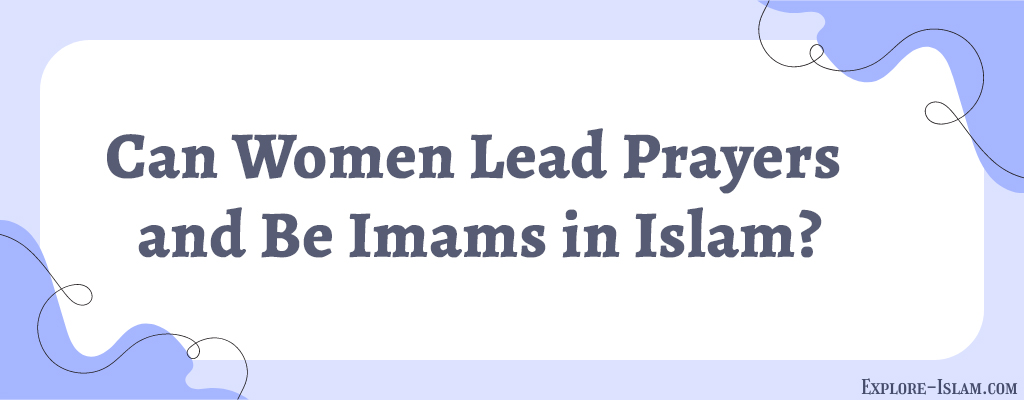
Leading prayer in Islam has great significance and rewards. Can women serve as Imams and lead congregational prayers?
Continue Reading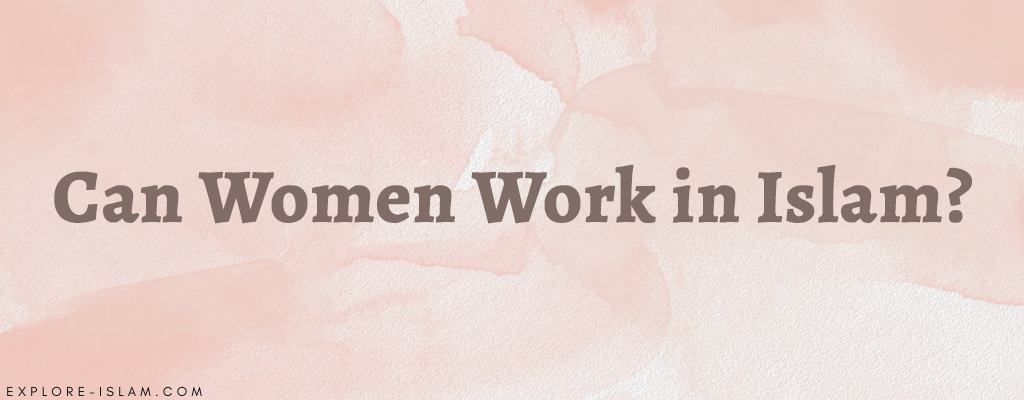
slam allows women to work and pursue careers, with no restriction to domestic roles. Faith and profession can coexist.
Continue Reading
Women are converting to Islam at a notable rate in the West, outnumbering male converts, especially in the US and UK.
Continue Reading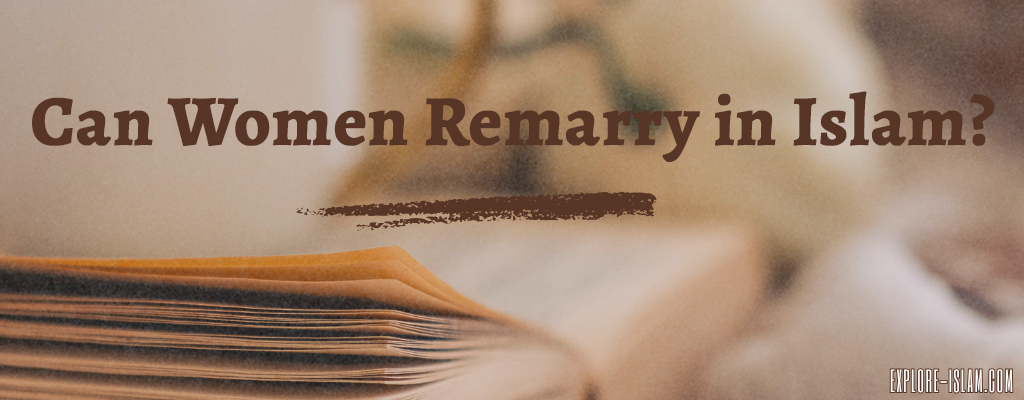
The question of whether Islam permits the beating of a wife is often misunderstood and misrepresented. It is crucial to approach this sensitive topic with an understanding of Islamic teachings, which emphasize justice, compassion, and the importance of mutual respect between spouses.
Continue Reading
Islam values education equally for men and women, debunking the misconception that it opposes women’s education.
Continue Reading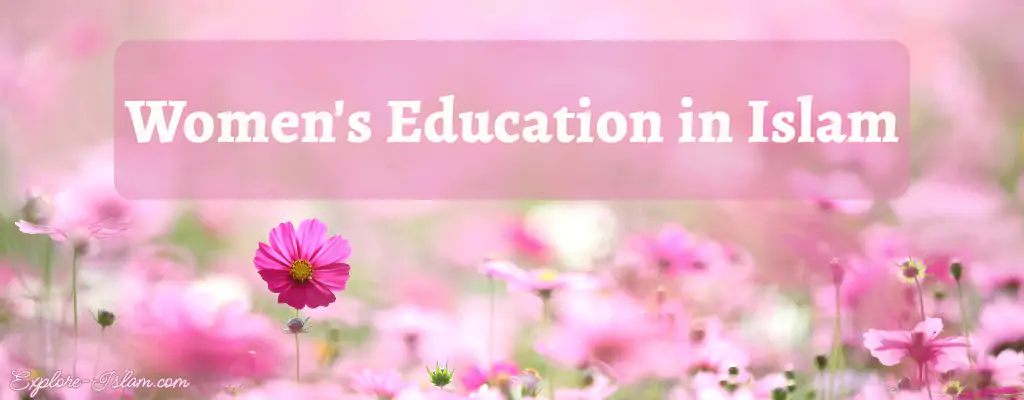
Islam emphasizes education as a sacred duty for all, regardless of gender. The notion that it opposes women’s education is a misconception.
Continue Reading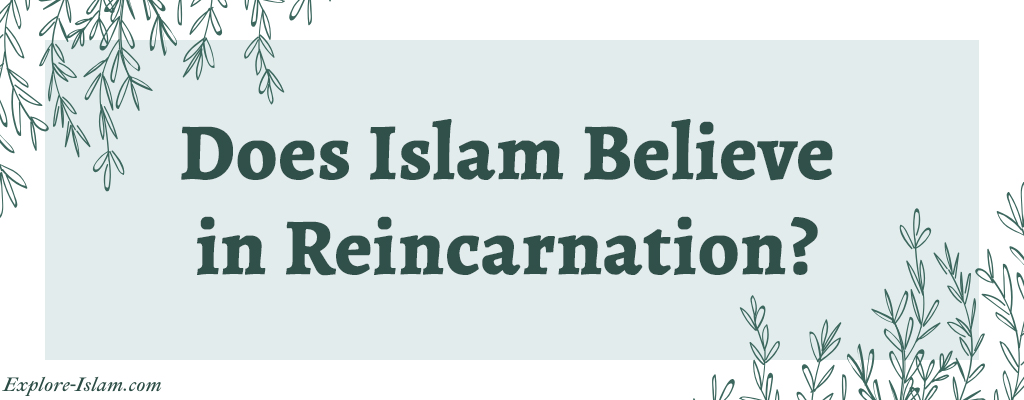
The human soul is a mystery. Islam’s perspective on the soul differs, based on the Quran and Sunnah. Let’s have a look at concept of the soul.
Continue Reading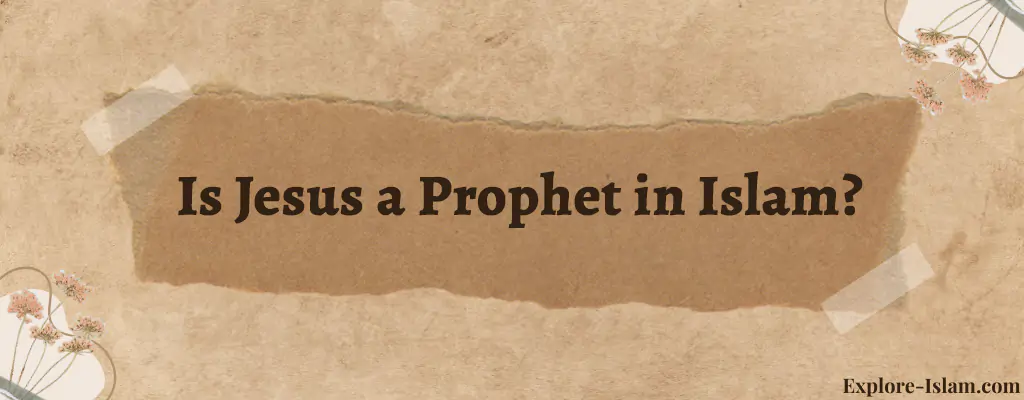
Jesus is a notable figure in Islam, holding high status. However, Muslims’ view of Jesus differs significantly from that of Christians.
Continue Reading